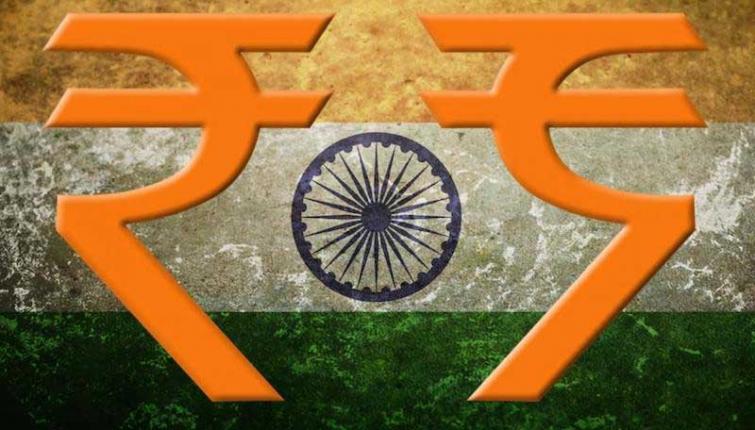
Sandeep Sabharwal of SLCM sums up what agri-warehousing, agri-logistics and agri NBFCs expect from this Union Budget
Kolkata, July 4 (IBNS): One of the long outstanding demands of the agri warehousing industry has been the rationalization of indirect taxes, according to Sandeep Sabharwal, Group CEO, Sohan Lal Commodity Management Pvt Ltd.
When an organised player operating in the agri logistics and warehousing sector segment goes out to give agri-input services against a crop, it hires warehouses on lease and implement technology on it.
"The leases of these warehouses are treated as a commercial lease and it has an 18 per cent GST implication, said Sabharwal. "On the contrary output services are devoid of any GST. So the 18% GST actually becomes a cost on my balance sheet and increases my costing which I have to pass on to my customers."
According to him, this often leads to loss of business for the organized sector as customers move on to the unorganized
players who often does not be charge the GST.
"So one of the outstanding demands for the successive last three budgets have been that there has to carve out to such leases to such commercial places which are actually used as agri-input place. So that’s one important point I would like to make," he said.
Excerpts from Sabharwal's summation of the sector's pre-budget expectations:
"Agricultural finance is a subset of rural finance dedicated to financing agricultural related activities such as input supply, production, distribution, wholesale, processing and marketing. The modern agriculture has increased the use of inputs especially for seed, fertilizers, irrigational water, machineries and implements, which has increased demand for agricultural credit.
Finance in agriculture act as a key to farmers. But farmers money is always inadequate and he needs outside finance or credit.
Because of inadequate financial resources and absence of timely credit facilities at reasonable rates, many of the farmers, are unable to go in for improved seeds and manures or to introduce better methods or techniques.
In the given situation, the role of agricultural NBFCs becomes extremely important.
By bringing farmers to the financial system these NBFCs accelerate the process of financial inclusion in the country.
We have seen in successive budgets that government has made cheaper credit pools available to institutions like NABARD who have further gone ahead and given those financing activity to agri-processing and agri-infrastructure but we have not such seen such cheaper pool of credit available to agri-NBFCs.
Agri-NBFCs play an important role in providing access to Finance for smallholder farmers and therefore if cheaper credit is made available to the Agri NBFCs just like the way it is given to NABARD, I think it is going to go a long way in doubling farmer income also in making inclusive agri-growth environment.
Also if the govt. starts offering SOP’s to the Agri-NBFC sector , it will go a long way in helping the sector to flourish and will also help in fulfilling the government vision of doubling farmers' income.
Initiatives like e-NAM, which talk about one mandi or one environment and one Agri credit market as well as one output market are good initiatives but they need to be backed by good physical infrastructure. Agri companies which can provide end to end physical gambit of agri-value chain should be encouraged for participating in this initiative."
Support Our Journalism
We cannot do without you.. your contribution supports unbiased journalism
IBNS is not driven by any ism- not wokeism, not racism, not skewed secularism, not hyper right-wing or left liberal ideals, nor by any hardline religious beliefs or hyper nationalism. We want to serve you good old objective news, as they are. We do not judge or preach. We let people decide for themselves. We only try to present factual and well-sourced news.







